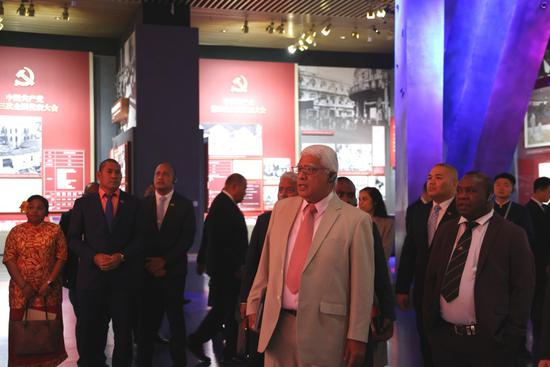
Participants who attend the fourth Pacific Island Countries-China Political Leadership Dialogue visit the Museum of the Communist Party of China in Beijing, Oct 17, 2024. (Photo by Wang Jing/China Daily)
China's relations with Pacific island countries are open and aboveboard without any geopolitical intentions, and are not for its own selfish interests or directed against any third party, a senior Communist Party of China official said on Thursday.
Liu Jianchao, head of the International Department of the CPC Central Committee, made the remarks in Beijing in a keynote speech at the fourth Pacific Island Countries-China Political Leadership Dialogue, themed "Explore the Path to Modernization with High-quality Development".
While calling for enhancing partnership between the two sides, he reiterated that China's cooperation with the Pacific island countries is conducted openly and transparently, without attaching any political strings or making empty promises.
China fully respects the sovereignty and independence of Pacific island countries, upholds the equality of all countries, big or small, and always strives to be a good friend sharing common aspirations with them, Liu said.
It does not seek big power competition, does not aim to expand its geopolitical influence, does not interfere in the internal affairs of other countries, and does not force other countries to take sides, he added.
Liu called for strengthening alignment of the Belt and Road Initiative with the development strategies of the Pacific island countries, saying that China is committed to promoting pragmatic cooperation to deliver substantial benefits to the people of the Pacific island countries.
China fully respects the unity and self-reliance of Pacific island countries, and supports them in implementing the 2050 Strategy for the Blue Pacific Continent, contributing to the building of a peaceful, harmonious, secure, inclusive and prosperous Blue Pacific, he said.
This year marks the 10th anniversary of President Xi Jinping's first meeting with leaders of Pacific island countries that had established diplomatic relations with China. Over the past decade, the two sides have promoted a comprehensive strategic partnership based on mutual respect and common development, achieving fruitful outcomes and becoming a model of mutually beneficial cooperation in South-South cooperation, Liu said.
Political leaders attending the dialogue reaffirmed their countries' commitment to the one-China principle, and said that they value the development of comprehensive strategic partnership with China. China's engagement in the Pacific is instrumental in fostering peace, stability and development in the region, they said.
Lord Tu'ivakano, former prime minister of Tonga, said that China, with its remarkable achievements in modernization, serves as a valuable partner for the Pacific island countries.
"The Pacific island countries are among the most vulnerable regions to climate change, and our modernization efforts must be rooted in sustainability. China's advancements in green technology and renewable energy present an opportunity for us," he said.
Johnny Koanapo, president of Vanuatu's Vanuaaku Party and the country's finance minister, warned against mounting geopolitical competition in the Pacific region.
"We are more interested in development, in building roads and airports, which means creating and bringing prosperity to our people," he said.
Quincy Lawrence, floor leader of the Congress of the Federated States of Micronesia, said, "We are especially grateful for China's investment in essential infrastructure projects that enhance our socioeconomic development."








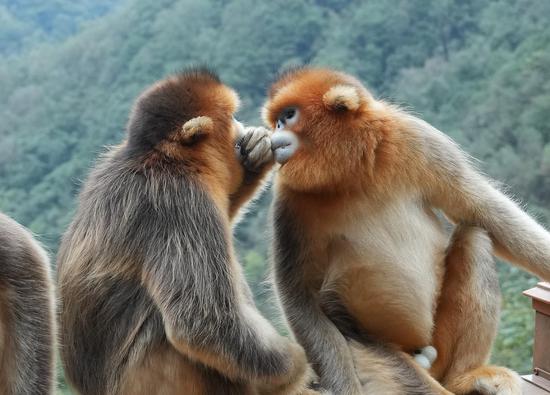
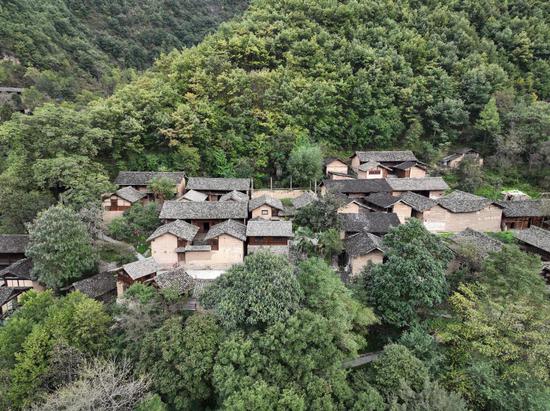
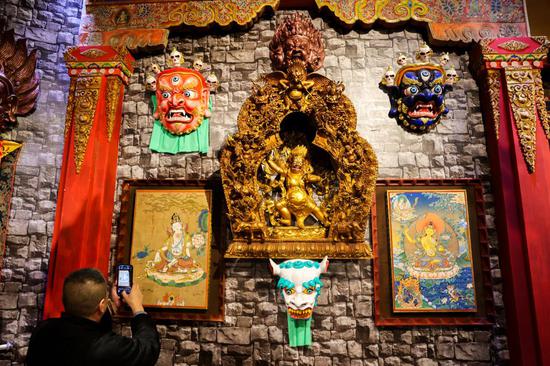
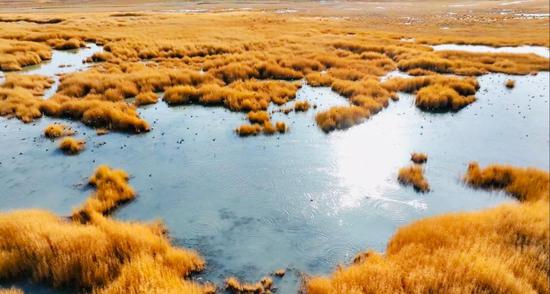
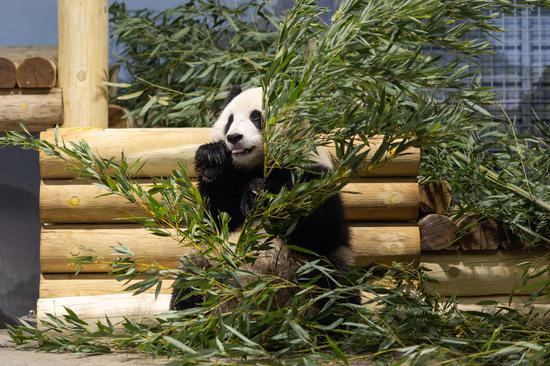
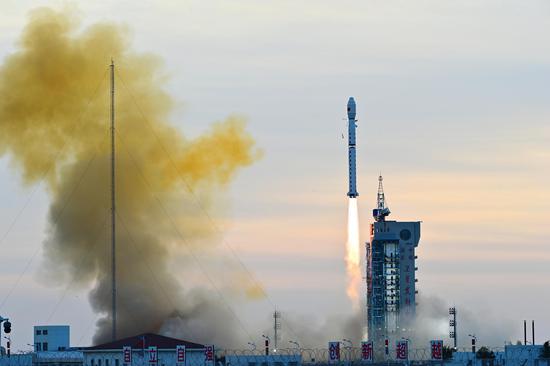
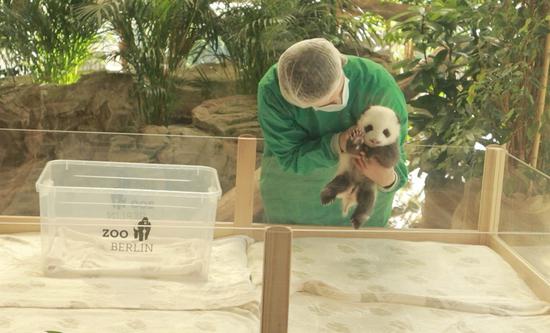
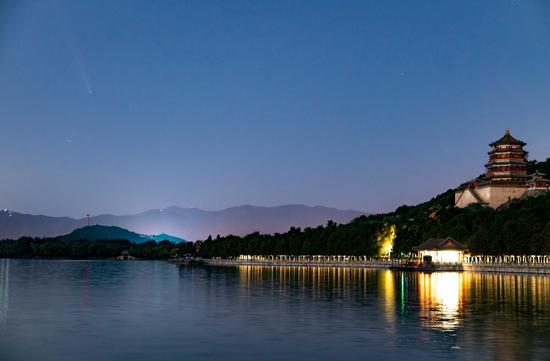
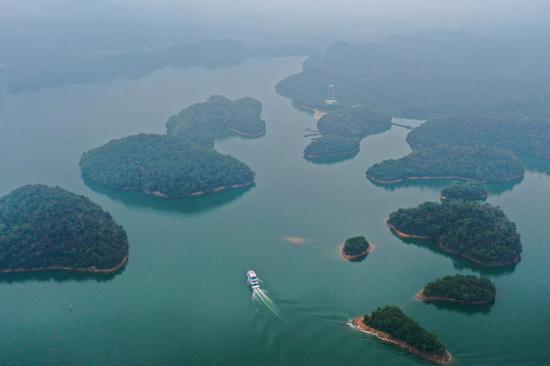
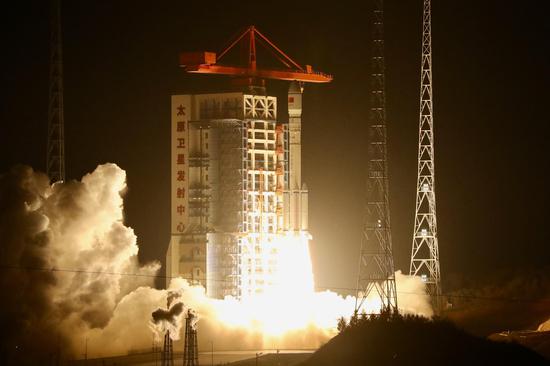
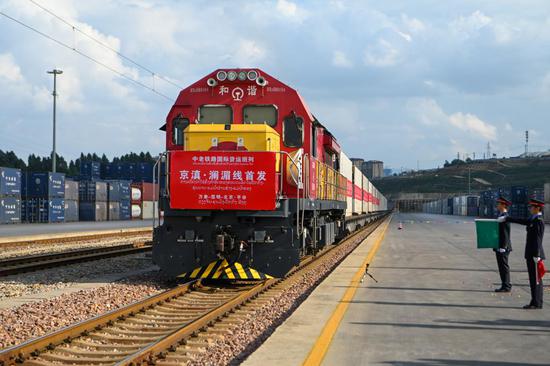
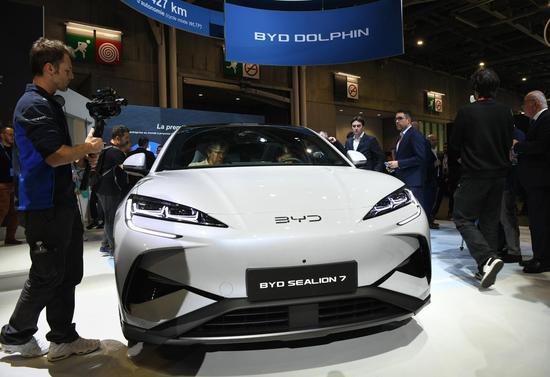

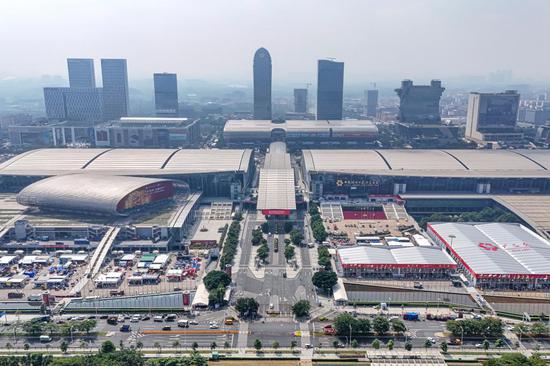
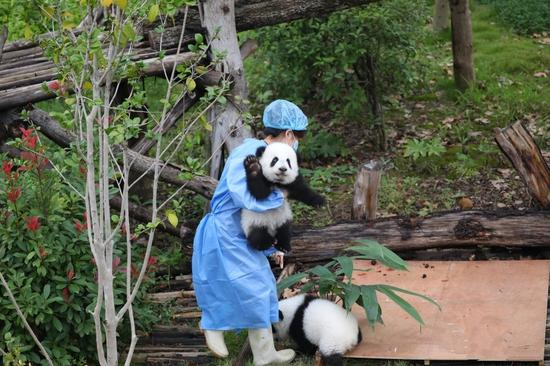
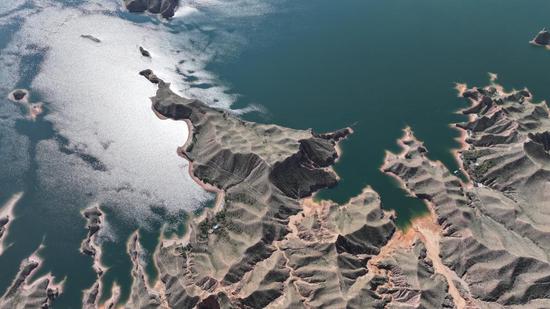
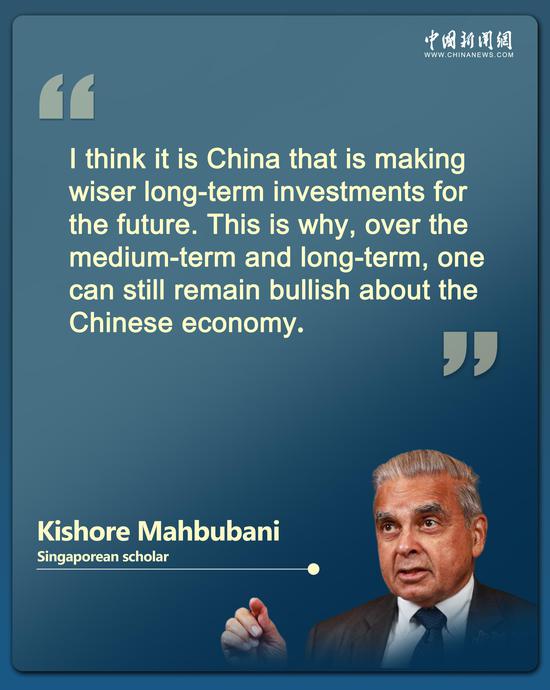
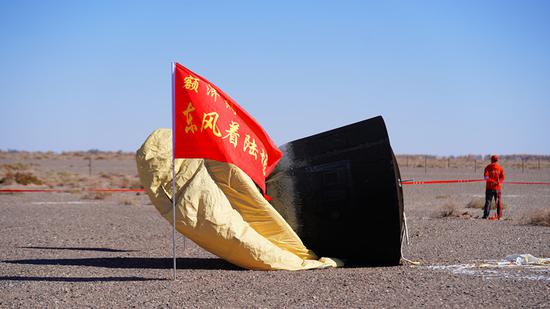

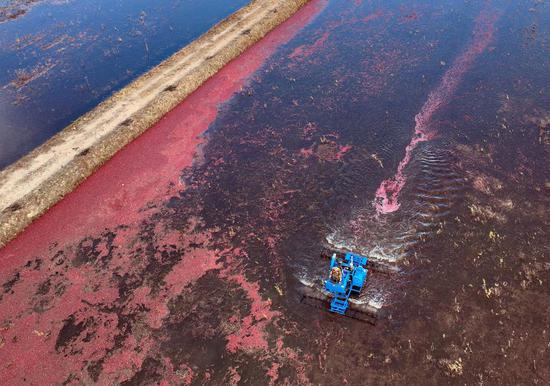


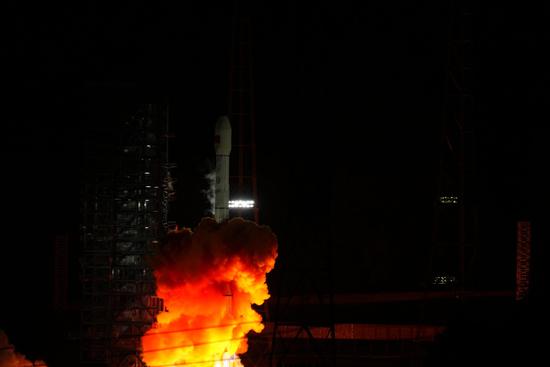
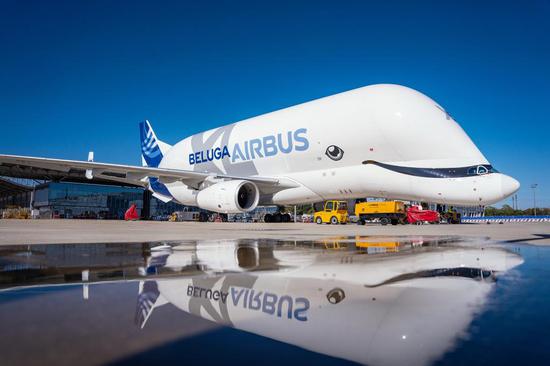
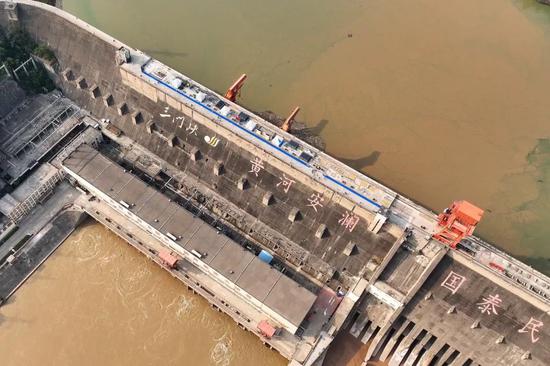

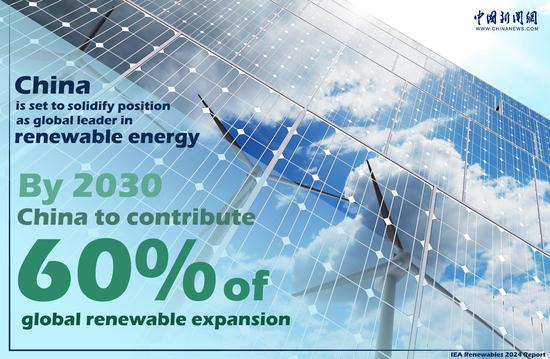
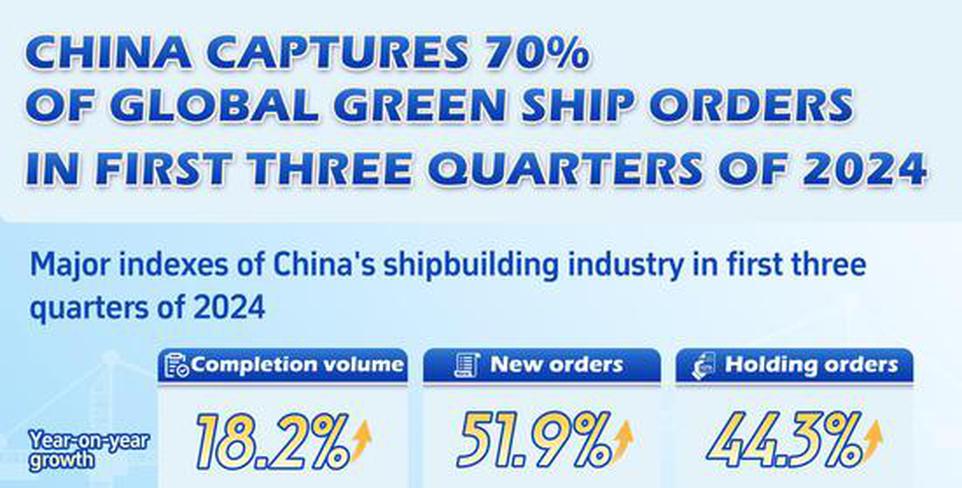
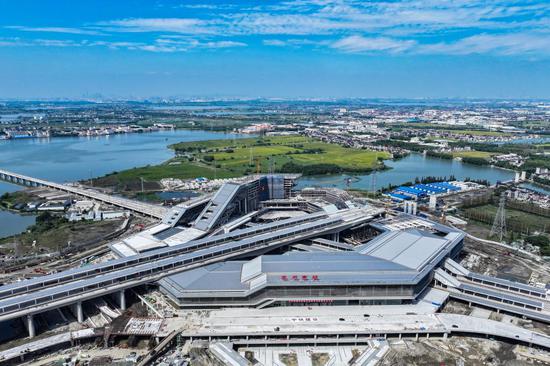
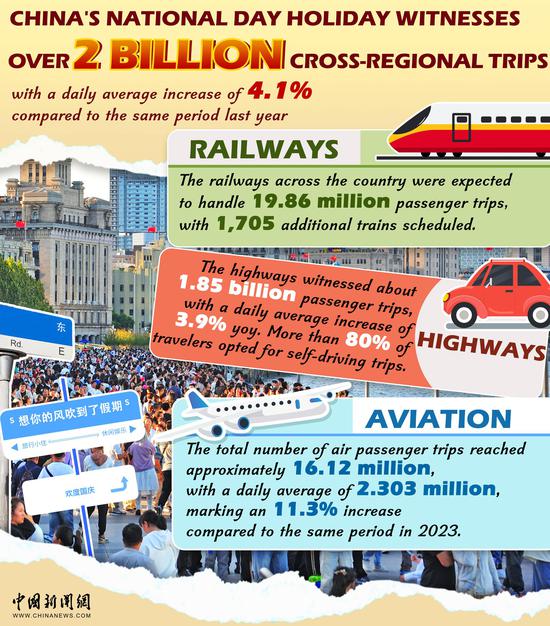
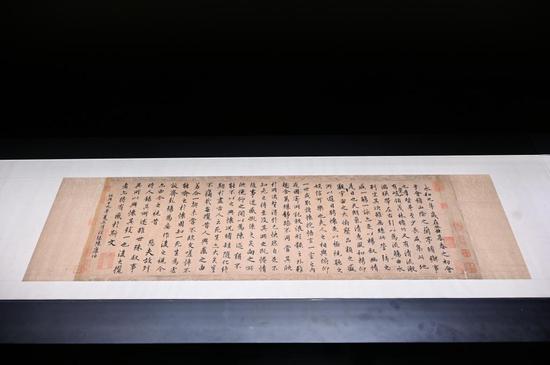
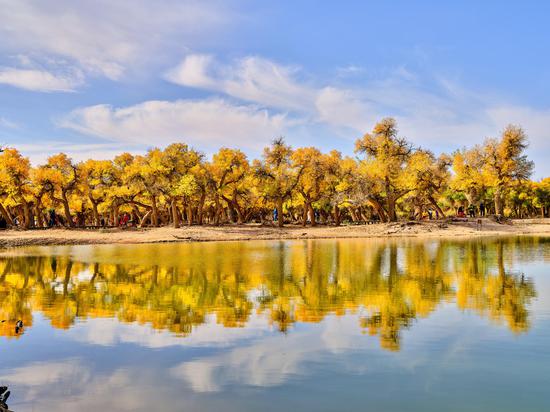

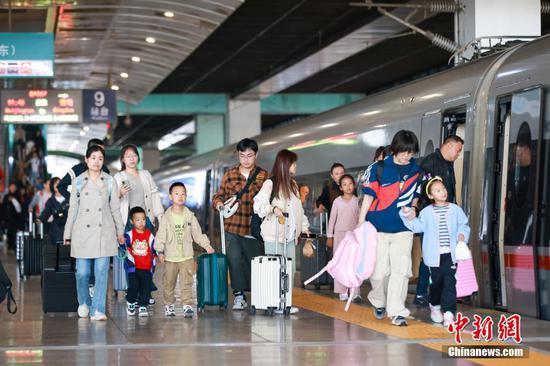
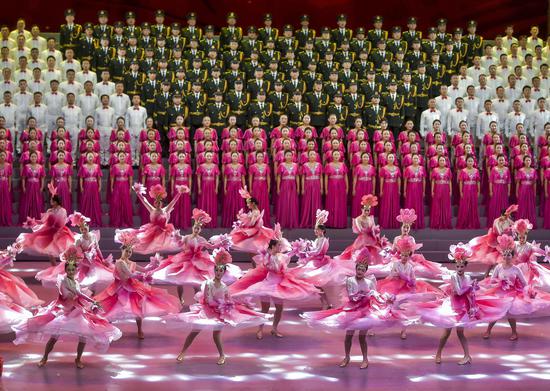

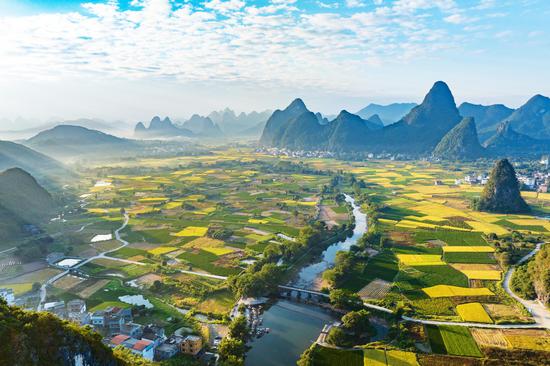





 京公网安备 11010202009201号
京公网安备 11010202009201号